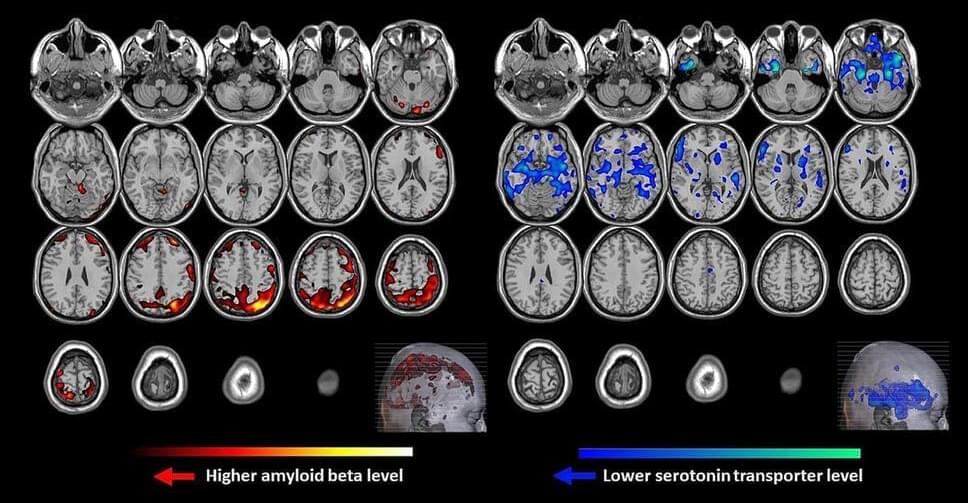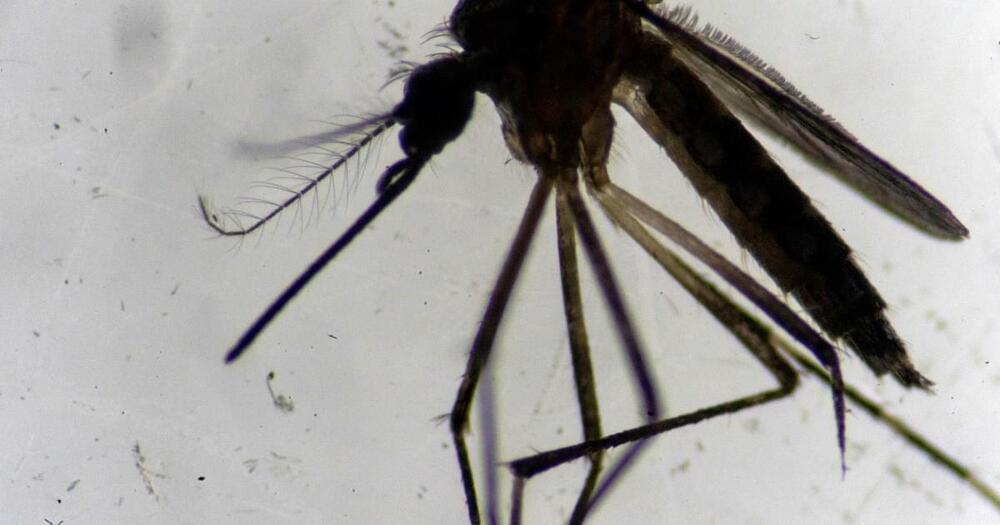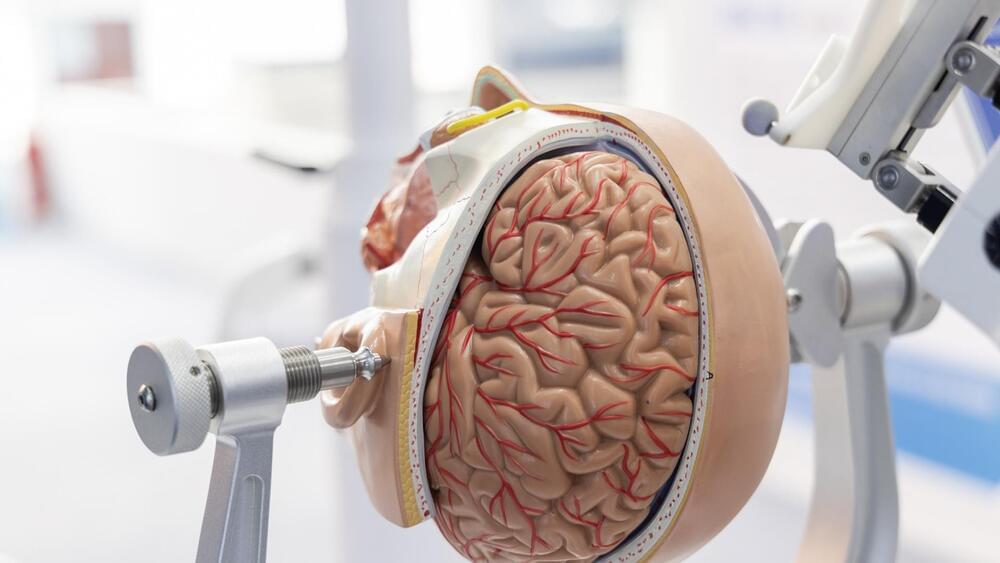Sep 26, 2023
More research is examining how we carry the ‘genetic legacy’ of extinct human species
Posted by Genevieve Klien in categories: biotech/medical, genetics
And the answers point to a profound reality: We have far more in common with our extinct cousins than we ever thought.
Neanderthals within us
Until recently, the genetic legacy from ancient humans was invisible because scientists were limited to what they could glean from the shape and size of bones. But there has been a steady stream of discoveries from ancient DNA, an area of study pioneered by Nobel Prize winner Svante Paabo who first pieced together a Neanderthal genome.

















